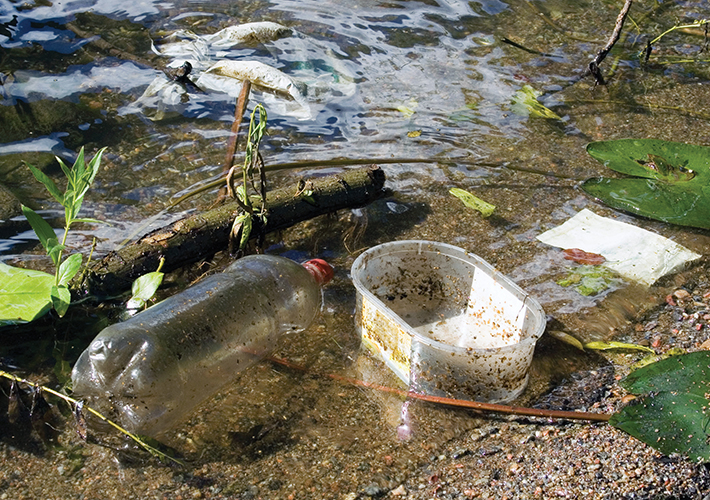
Plastics in the Sea
Laboratories will soon be able to use a new ASTM International standard to test and better understand biodegradability of plastics in marine environments. The new standard (soon to be published as D7991, Test Method for Determining Aerobic Biodegradation of Plastics Buried in Sandy Marine Sediment Under Controlled Laboratory Conditions) provides ways to simulate how plastics degrade in seawater-soaked sand.
According to ASTM member Francesco Degli Innocenti, the recent discovery of major contamination in the oceans has heightened interest in the biodegradability of plastics.
"The environment cannot cope with massive littering, whether it's biodegradable or not," says Innocenti, director, ecology of products and environmental communication, Novamont. "However, there are certain products prone to being lost at sea – such as fishing gear – that could have much less environmental impact by being made with plastics that biodegrade quickly in that environment."
The standard will provide specific test methods that determine biodegradation rates in different marine habitats simulated in laboratories. Such tests will help establish parameters to develop plastics that ensure faster biodegradation. The standard will also advance the understanding of biodegradation when unexpected or uncontrolled releases of plastics occur.
All interested parties are invited to join in the standards developing activities of Subcommittee D20.96 on Environmentally Degradable Plastics and Biobased Products. In addition to continuing work on standards for biodegradation in water, the subcommittee is working on proposed standards for biodegradation in soil.
CONTACT Technical Information: Francesco Degli Innocenti, Novamont, • Novara, Italy • tel +39.0321.699.606 | ASTM Staff: Alyson Fick • tel +1.610.832.9710 | Upcoming Meeting: Nov. 15-18 • November Committee Week • Tampa, Fla.
 SN Home
SN Home Archive
Archive Advertisers
Advertisers Masthead
Masthead RateCard
RateCard Subscribe
Subscribe Email Editor
Email Editor